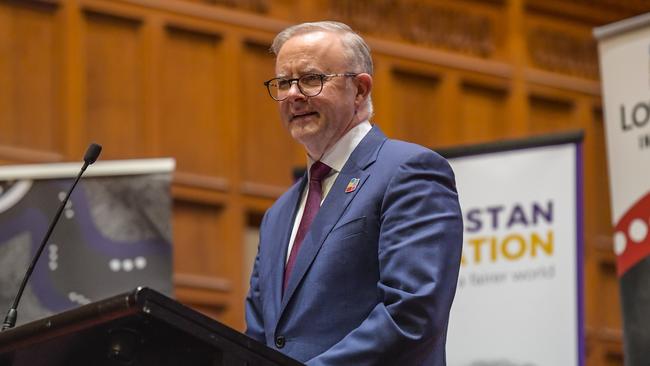
For months the Prime Minister has argued that the voice referendum proposal is “modest and gracious”.
But, under emotional influence – genuine and sincere – Albanese has declared to a highly sympathetic audience that the proposal is “modest” no more.
Albanese has repeatedly sought to play down criticisms of the potential extent of the Voice’s impact on executive government and dismiss calls to remove it from the referendum amendment by arguing the proposal is modest.
With assertions that it is not a threat to most Australians, Albanese has described the proposed amendment as modest, mainstream and conservative.
After the January 26 Invasion Day protests Albanese said he wasn’t surprised radicals were against the Voice because it wasn’t radical enough.
“I’m not surprised that some radicals are opposed to it, because this is a mainstream proposition,” he said in Tasmania on January 27.
He was even more emphatic about its modesty declaring: “This is a modest and gracious request for reconciliation by Aboriginal and Torres Strait Islander peoples.”
The week before he said on television: “What we will be doing is giving Australians the opportunity to enshrine this very simple change. It is a modest change, a very conservative proposal.”
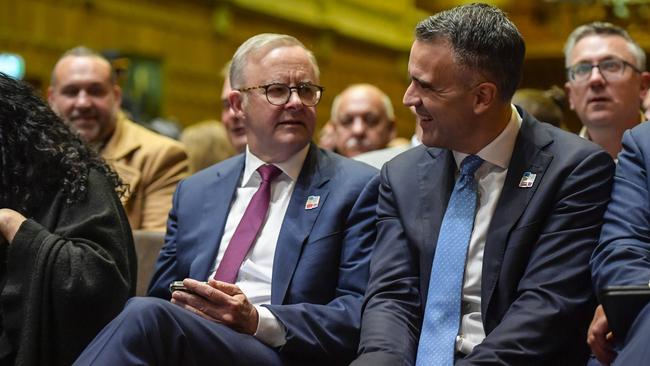
At the press conference releasing the indigenous working groups’ report Albanese described the proposal, which rejected some calls to remove executive government, as “a modest request”.
Modest, gracious, not radical, mainstream and conservative – this has been the public characterisation of the referendum proposal.
“It is about reconciliation. It’s not a radical proposition. So I’m not surprised that some radicals are opposed to it. Because this is a mainstream proposition. This is a modest and gracious request,” has been Albanese’s stock response.
Of late there is the added reassurance that the vast majority of Australians will not be affected at all while those in most need will get the benefit.
“Modest” has been the go-to word to placate fears about the extent of the impact on executive government, particularly when faced with claims it is radical or an extensive change to day-to-day government.
Yet on Monday night to a highly sympathetic audience and with high emotion Albanese dropped his modesty argument.
“So let us not content ourselves with modest change,” he said in the culmination and conclusion of the Lowitja O’Donaghue oration in Adelaide.
“Let us not fill our hearts with the empty warmth of the merely symbolic,” he said.
While much of the reaction to his speech has been to his personalised insults and derision of “Chicken Little” and “doomsayer” opponents to the referendum there was a real element of truth-telling in the oration which aligned much more with demands from indigenous leaders for real influence on all government decisions from the RBA to the Barrier Reef.
The appeal to let us not content ourselves with “modest” change has changed the modest mantra.


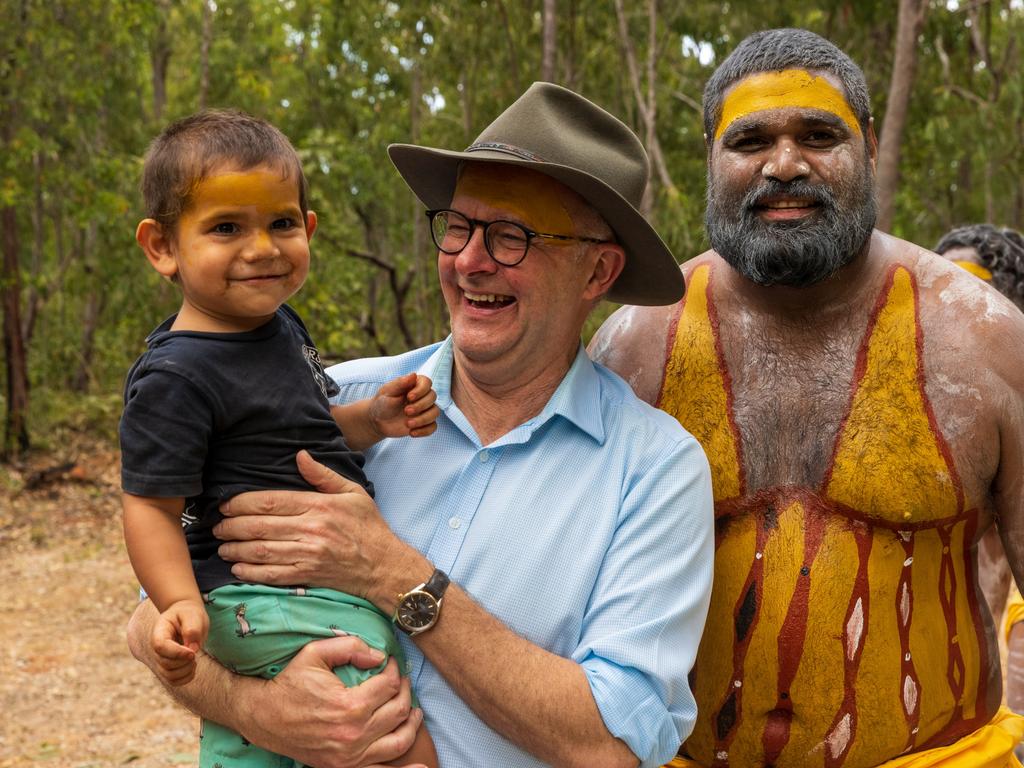
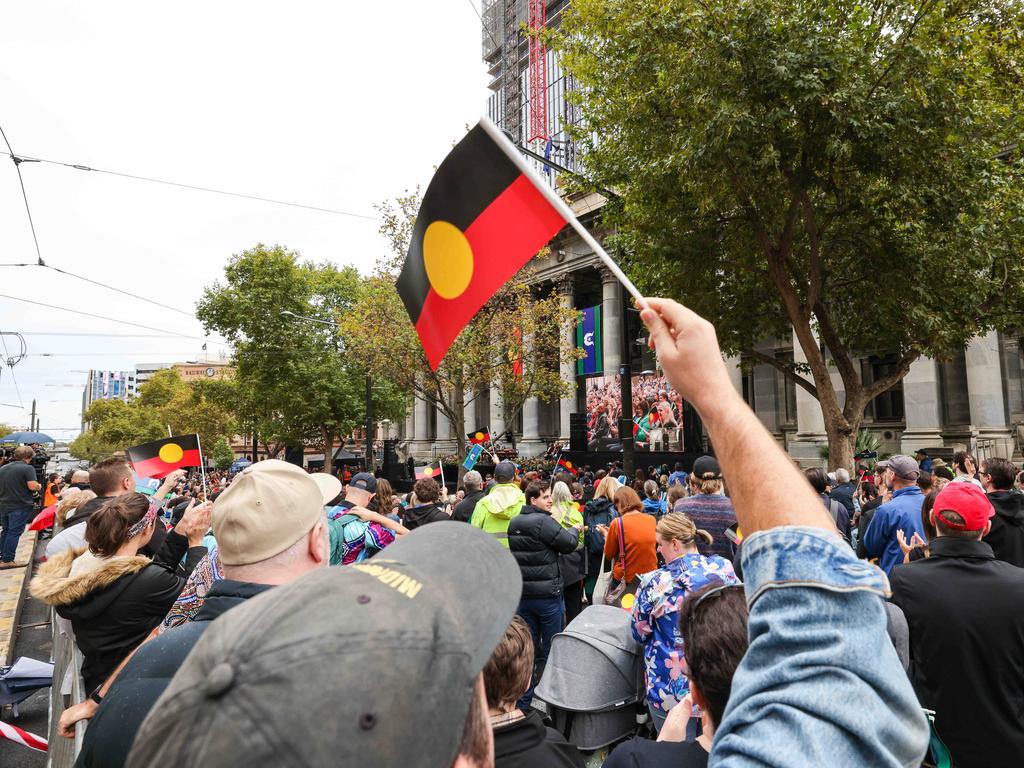
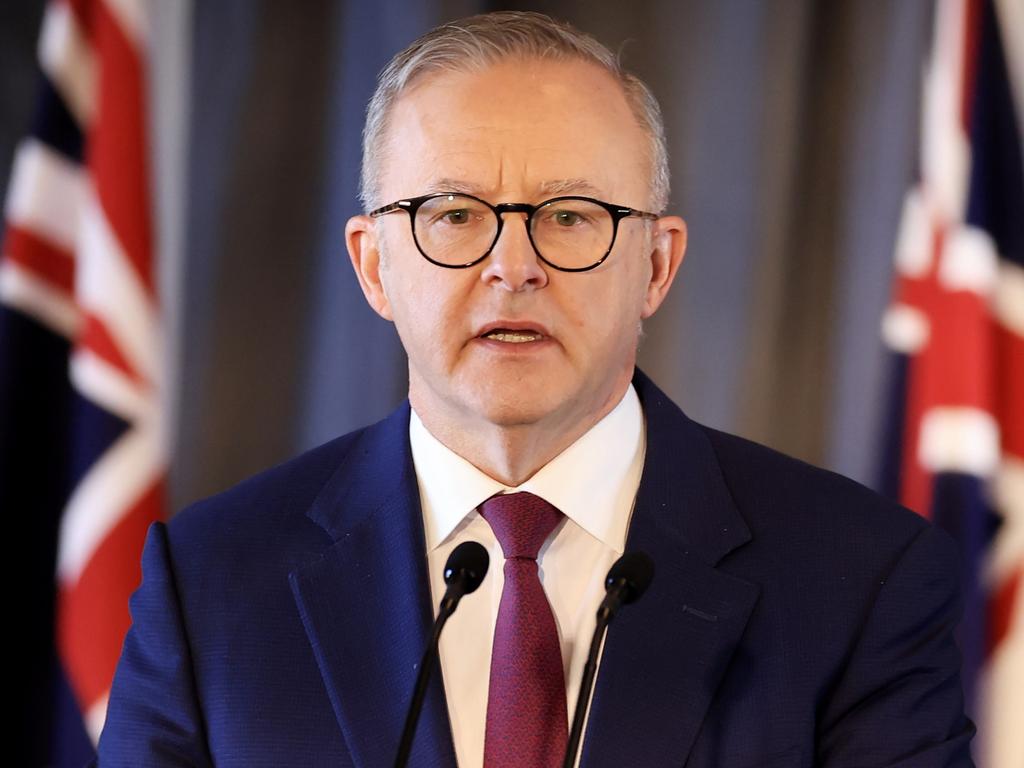
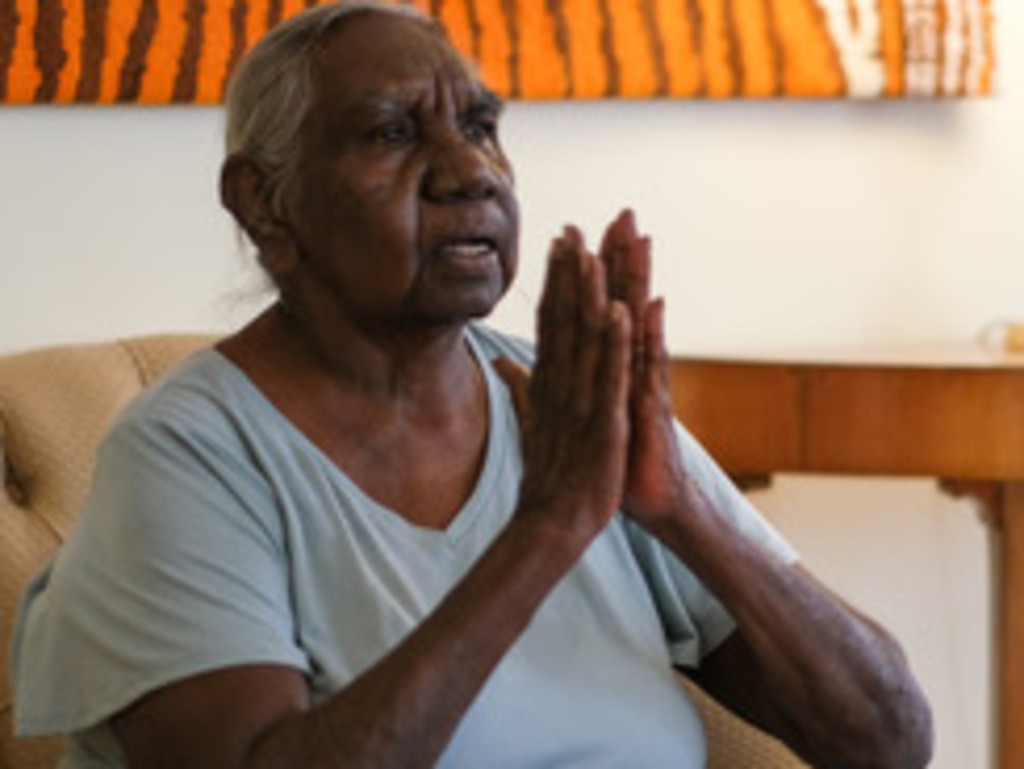


Anthony Albanese’s lack of a detailed argument supporting the Yes case for an Indigenous voice to parliament and executive government and his propensity to emotionally adjust to the audience he is addressing is leading him into inconsistency.